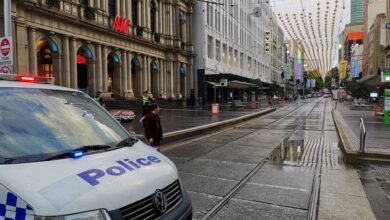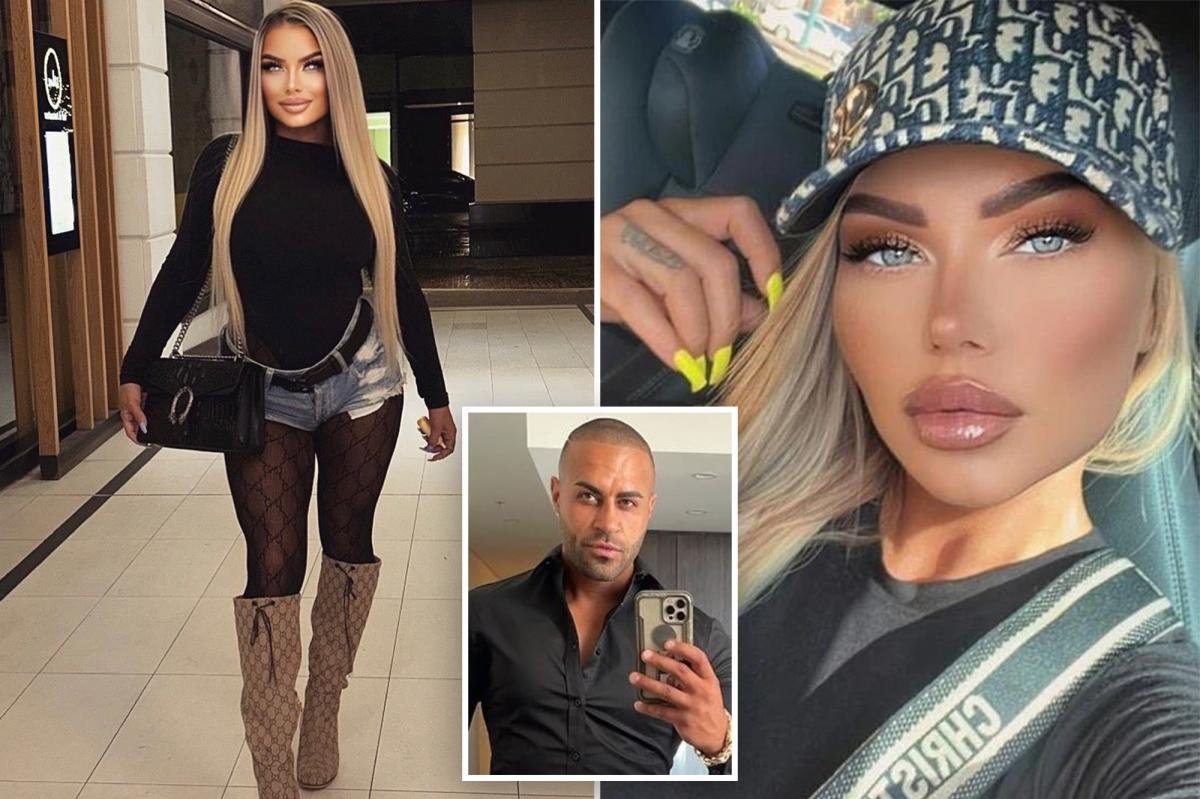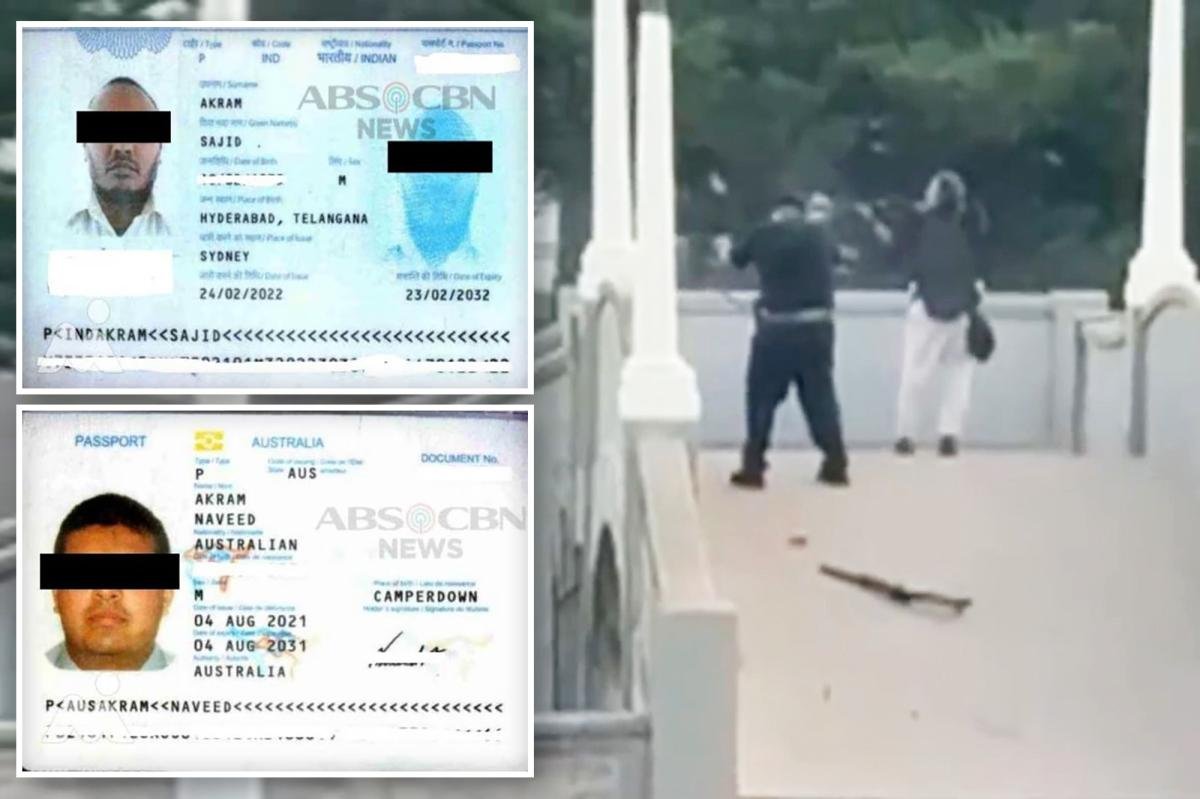
YouTube has cautioned that Australia’s plan to curb social‑media access for minors will fail to protect children from harmful content and risky online behaviour. The video‑sharing giant says the proposed ban—designed to block minors’ use of platforms like Facebook, TikTok, and Instagram—does not address hidden dangers that still expose kids to abuse, exploitation and dangerous challenges.
The warning comes as the Australian government deepens a growing debate over regulating social media for youth. Prime Minister Anthony Albanese has floated proposals that could force platforms to mask or remove content that might harm younger viewers. The push aims to shield children from inappropriate material and to curb the rise of online bullying and predatory practices.
YouTube, which was the first to identify that its algorithm sometimes pushes risky content toward teenagers, argues that a blanket ban would simply drive the audience to “shadow‑theater” alternatives or other, less regulated channels. In interviews, the company explained that children will still find ways to access disallowed sites, and that the real solutions must come fleet‑size from improved moderation, better parental controls, and informed digital literacy.
The platform’s chief executive, Neal Mohan, told a press briefing that small children who are “still learning” how to navigate the internet need parents and reporters to help them spot dangers before they become a problem. He added that, “Technological fixes that block age‑verification alone do not replace education and deterrent policies that hold bad actors accountable.”
Australia’s social‑media crackdown policy would also require existing sites to re‑evaluate compliance, potentially stalling global streaming of critical news, music and entertainment for users under 18. Critics from privacy advocacy groups say that this could harm Australian creators who rely on these services for marketing and fan outreach, and undermine digital innovation.
When Australia first launched a youth‑safety plan last year, the government offered financial incentives for companies to enhance monitoring tools. While businesses like Netflix and Spotify have welcomed the approach, they report difficulties balancing privacy with moderation, calling the task “unprecedented.”
YouTube framed the ban as a sign that Australia’s officials are not tackling the root cause of online harm. The channel’s executives stressed the importance of digital citizenship front‑loaded education: “Kids need to understand how to act responsibly, and parents need reliable tools that actually work.”
In the weeks ahead, voices from child‑advocacy groups, parents, and tech firms will push for a comprehensive safety net that ties legal regulation to robust technology and educational curricula, rather than a single blanket ban that leaves kids exposed and institutions scrambling. The debate illustrates the ongoing tug‑of‑war between freedom online and the urgent need to protect children on social media.
Stay informed on all the latest news, real-time breaking news updates, and follow all the important headlines in world News on Latest NewsX. Follow us on social media Facebook, Twitter(X), Gettr and subscribe our Youtube Channel.
















